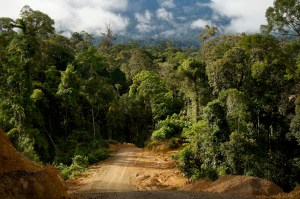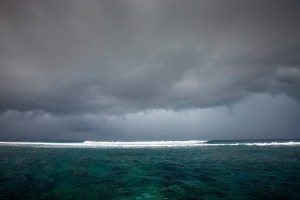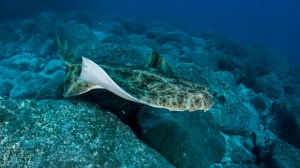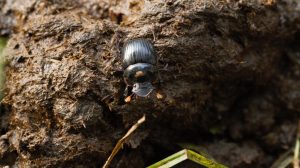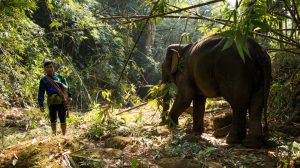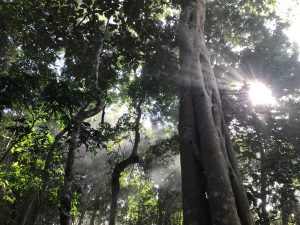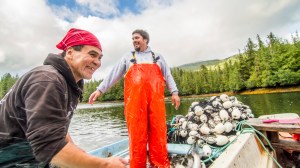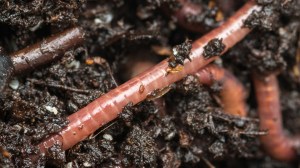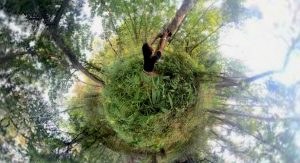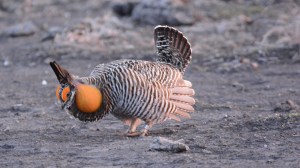Discover stories in Conservation Science
Nurseries Restore Staghorn Coral in the Florida Keys
Hands-on coral restoration will help save reefs in the Florida Keys.
Human Health At Risk As Tropical Forests Disappear
Widespread forest clearing in Indonesia could be putting people’s health at risk, as trees provide powerful cooling services.
How Wild Predators Can Improve Human Health
Wild predators are almost always painted as the villain in myth and popular culture, but the truth is that predators are key for healthy ecosystems, and even healthy people.
The Ocean Has Almost No Wilderness Left
New research shows that just 13.2 percent of the ocean remains as wilderness, free from human impacts.
Meet the World’s 10 Most Endangered Sharks
More research is urgently needed to support improved conservation measures for world’s ten most critically endangered sharks.
Like to Eat? Then You Should Care About Biodiversity
Farming and ranching can be converted from a global environmental problem into the leading edge of an effort to avert looming biological disaster – and farmers themselves can become more productive and profitable.
Saving Myanmar’s Timber Elephants
Logging elephants are an incredible part of Myanmar’s history — but they’re also key to help reduce the negative impacts that logging can have on the forests.
Illegal Logging & Energy Shortages Pressure Myanmar’s Forests
Facilitated by organized crime, illegal logging threatens to destroy Myanmar’s forests. But a national energy crisis and the ensuing fuelwood demand pose an equal threat.
Science and Economic Development in the Emerald Edge
Working in partnership with indigenous peoples and local communities is critically important to achieving outcomes for people and nature. Social science is the backbone of The Nature Conservancy’s approach to strengthening voice, choice and action.
Could Red Wiggler Worms Eliminate Stinky Campground Toilets?
The least fun part of summer camping? Smelly toilets. But a scent-free future may lie with a humble worm.
Deciding the Fate of Myanmar’s Forests
After decades of overharvesting, Myanmar’s forests teak are at a crisis point. But with recent political change comes great opportunity.
Could Prairie Chickens Come Booming Back?
Prairie chickens were once so abundant in the Great Plains that they were hunted for the market and shipped by the trainload to New York City. Could prairie restoration bring them booming back?

